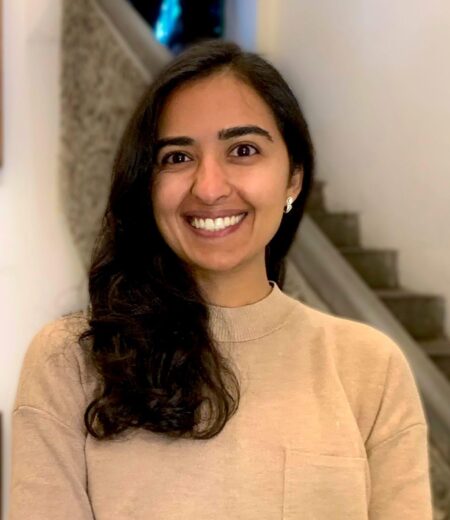Pareto-efficient AI systems: Expanding the quality and efficiency frontier of AI
Simran Arora


Abstract: We have made exciting progress in AI by scaling massive models on massive amounts of data center compute. However, the demands for AI are rapidly expanding. I identify how to maximize performance under any compute constraint, expanding the Pareto frontier of AI capabilities.
This talk builds up to a language model architecture that expands the Pareto frontier between quality and throughput efficiency. The Transformer, AI’s current workhorse architecture, is memory hungry, limiting its throughput, or amount of data it can process per second. This has led to a Cambrian explosion of alternate architecture candidates proposed across prior work. Prior work paints an exciting picture: there are architectures that are asymptotically faster than Transformers, while also matching quality. However, I ask, if we’re using asymptotically faster building blocks, what if anything are we giving up in quality?
- In part one, we understand the tradeoffs. Indeed, there’s no free lunch! I present my work to identify and explain the fundamental quality and efficiency tradeoffs between different classes of architectures. Methods I developed for this analysis are now ubiquitous in the development of efficient language models.
- In part two, we measure how existing architecture candidates fare on the tradeoff space. While many proposed architectures are asymptotically fast, they are not wall-clock fast compared to Transformers. I present ThunderKittens, a programming library that I built to help AI researchers develop hardware-efficient algorithms.
- In part three, we expand the Pareto frontier of the tradeoff space. I present the BASED architecture, which is built from simple, hardware-efficient components. I released the state-of-the-art 8B-405B Transformer-free language models, per standard evaluations, all on an academic budget.
Given the massive investment into building AI models, this work has had significant impact and adoption in research, open-source, and industry.
Speaker Bio: Simran Arora is a PhD student at Stanford University advised by Chris Ré. Her research blends machine learning and systems towards expanding the Pareto frontier between AI quality and efficiency. Her machine learning research has appeared as Oral and Spotlight presentations at NeurIPS, ICML, and ICLR, including an Outstanding Paper award at NeurIPS and Best Paper award at ICML ES-FoMo. Her systems work has appeared at VLDB, SIGMOD, CIDR, and CHI, and her systems artifacts are widely used in open-source and industry. In 2023, Simran created and taught the CS229s Systems for Machine Learning course at Stanford. She has also been supported by a SGF Sequoia Fellowship.




